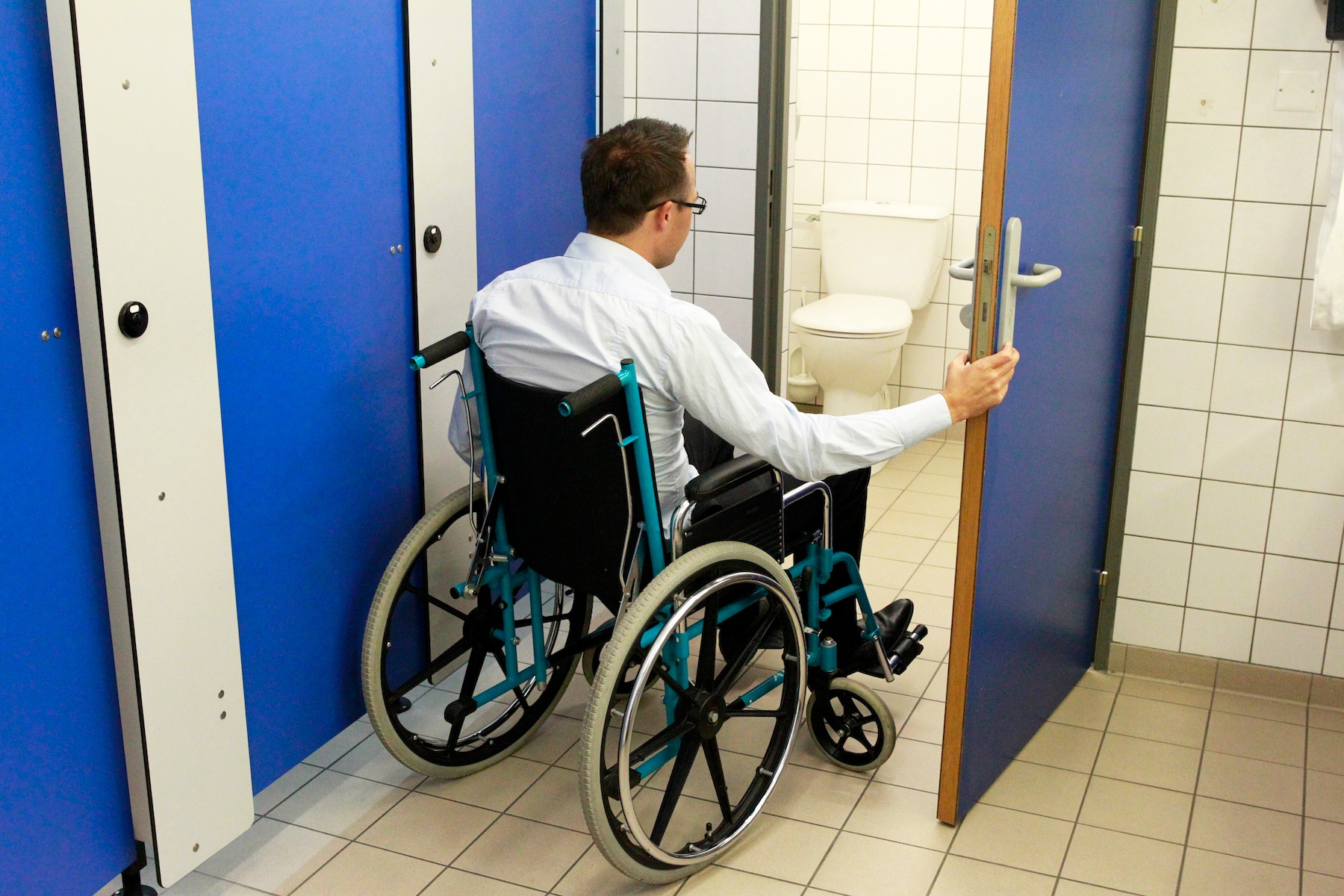When Should People with SCI Consider a Colostomy?
One of the most frustrating things to get a handle of when you have paralysis is your bowel program. After a spinal cord is injured, the bowel system becomes neurogenic, which is another word for unable to communicate with the brain. Because of this, suppositories and manual evacuation are needed, and this is typically done daily.
As you can imagine, a bowel program takes its toll on the body as the years go by. As a result, many people with spinal cord injuries consider a surgical option called a colostomy. This is a major surgery that reroutes the large intestine and so that it empties into a plastic receptacle on the exterior of the abdomen. This helps a person with paralysis to simply open the plastic receptacle and empty it into the toilet to use the bathroom.
For many with low-level quadriplegia, a colostomy allows them to be fully independent with their bowel program and this is life-changing. But when is the right time to consider such a serious procedure after an SCI? Should you do it right away after your injury, or should you wait until you are burnt out from a bowel program that is not working?
Option #1: Get a Colostomy Right Away

Having a serious procedure like a colostomy done after an already life-changing injury such as an SCI can be a bit contentious for some. Many prefer to wait and see if they regain more function or sensation, which can sometimes occur in the first two years following a spinal cord injury. Not every colostomy however is permanent.
There are two types of colostomies. There is a temporary colostomy that is an option for people if they believe they may regain function in the future. Others however will opt for the permanent colostomy if they feel they will not regain function, or if a complete injury is present. People can have a colostomy removed after years of use, but this is rare among people with spinal cord injuries.
Some however do not want to wait and get a colostomy within months or weeks of their injury. For some, a colostomy makes sense as it takes care of something personal like a bowel program so they don’t need to worry about an accident or need help with something that can be construed as “embarrassing.”
And it can sound appealing to many people when they realize how buttoned up their bowel program can be if they decide to get it. It is all personal preference, but for those who opt for a colostomy right away, they are typically practical people who are all about getting what needs to get done as soon as possible so they can move on with their day.
Option #2: Wait Until You Need a Colostomy

For many, however, the idea of getting a colostomy is not an easy solution and is something many avoid until there is no other option. It can be scary. Not everyone is comfortable with the idea of a bag of feces on their person. Women and men worry they will feel less attractive or will no longer feel sexual if they have the procedure done. For many, once they get the surgery, they realize that’s not true.
Most people with paralysis however will only get a colostomy after attempting to do a normal bowel program for years without success. Having constant accidents and several hour-long bowel programs is enough for people to want to try a different option, but many do get their program on-track without resorting to surgery. Diet modification, medication, the right position, and fluids can help regulate a bowel program.
Ultimately, it is up to you to decide what is best for your lifestyle and preference. While some people want to get a colostomy soon because it makes their life easier, others would rather wait before jumping into such a major surgery. If you do decide to get a colostomy, make sure to ask your regular doctor for a referral to a colorectal surgeon with spinal cord injuries experience.
Stay Updated on Advancements On Traumatic Brain &
Spinal Cord Injuries
About the Author




